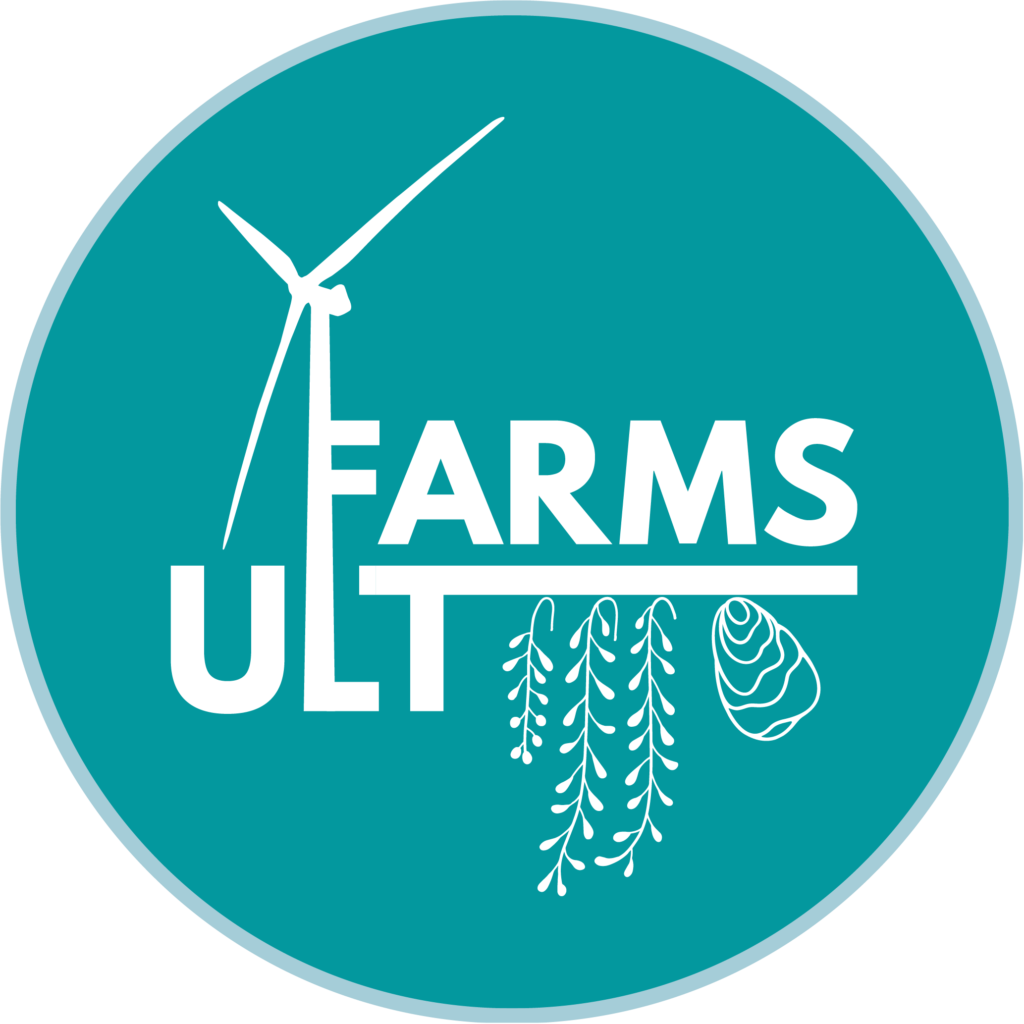PILOT 5: Depth-Adjustable Submersible Mussel Farm (SMF) in Borssele III
Borssele
LOCATION
The Netherlands
Country
North Sea
Basin
WR,OOS, UGent, SAS
Partners

Project Lead Partner - WR
Pilot Overview
The Depth-Adjustable Submersible Mussel Farm (SMF) in Borssele III, led by WR & OOS, is planned to be deployed within wind park Borssele located about 55 kilometres from the Port of Vlissingen, Netherlands. The pilot aims to integrate aquaculture within the wind park and utilize innovative structures and renewable energy technological innovations.
Pilot's key points:
- Implementation of a unique, denser line deployment system.
- Combination of monitoring technologies to assess mussel performance and ecological impact and footprint.
- Eco-friendly artificial reef development.
PILOT'S OBJECTIVES
– The full-scale SMF with high-density mussel lines poses several challenges, including new management procedures to avoid unnecessary delays, fractionated regulatory frameworks, and sectorial focuses on licensing systems including the preparation of licenses, structural planning, synergies, and energy use.
– Monitoring and automation are critical due to the densely positioned mussel lines and degradation of components.
– Additionally, collecting additional data on mussel growth and reef development on the open sea floor in offshore conditions is important to feeding activities.
PILOT'S CHALLENGES
– The pilot aims to combine various monitoring technologies to assess mussel performance and and ecological impact of mussel farming at commercially viable scales.
– Additionally, the unique line deployment system to be implemented in this configuration is relatively denser than many existing configurations.
– The pilot also aims to increase the share of renewable energy utilized in the full value chain of production of low trophic aquaculture such as direct on-site energy use and to enhance biodiversity through establishing an artificial reef below the mussel farm.
– Technical monitoring of water quality provides indicators for toxic fytoplankton that can impact the viability of production and end consumers of the produced mussels.
PILOT NEWS







